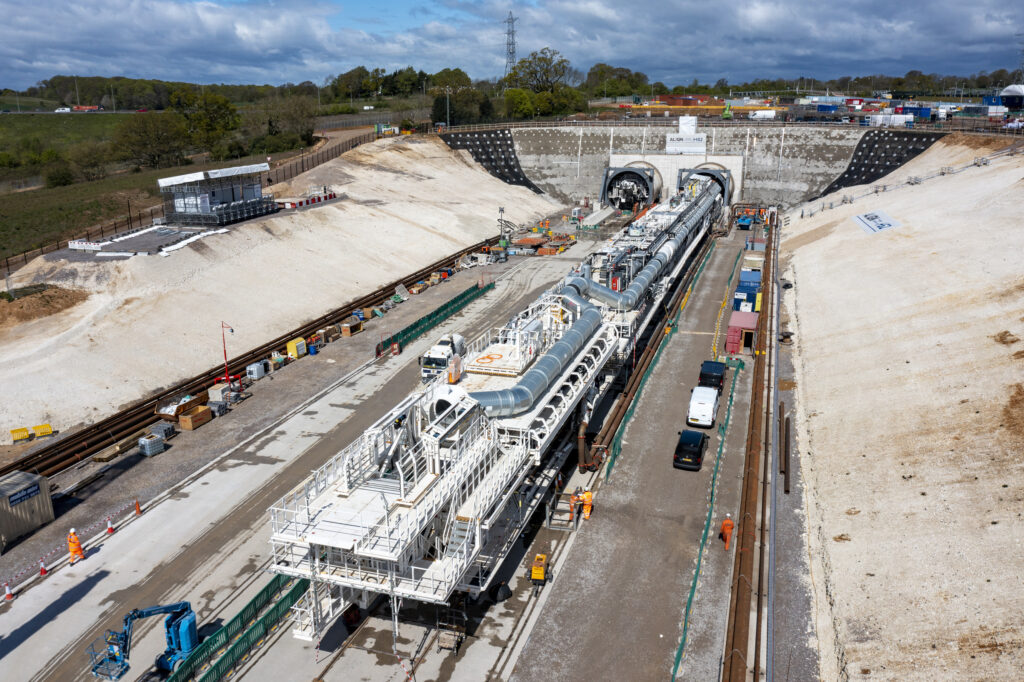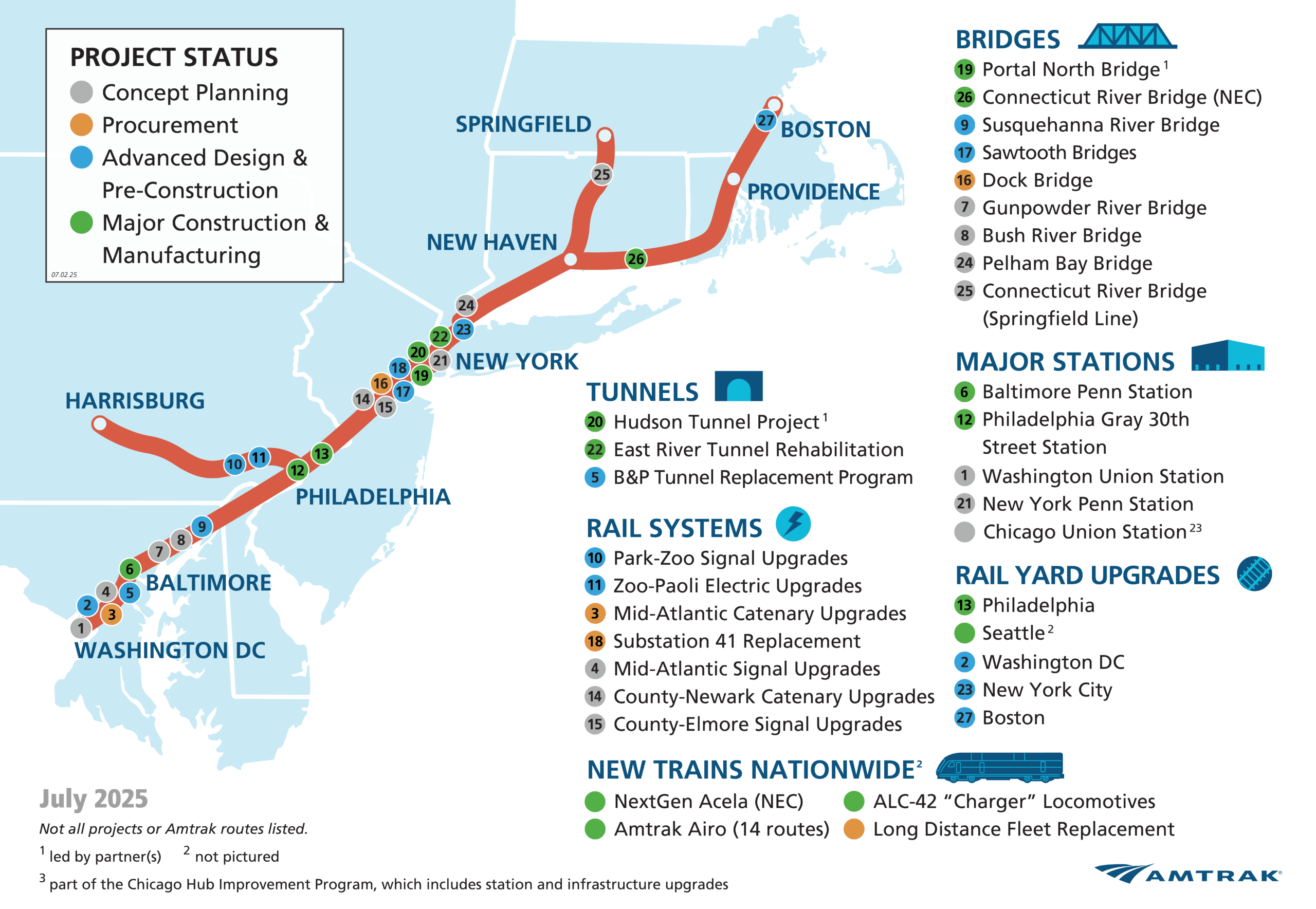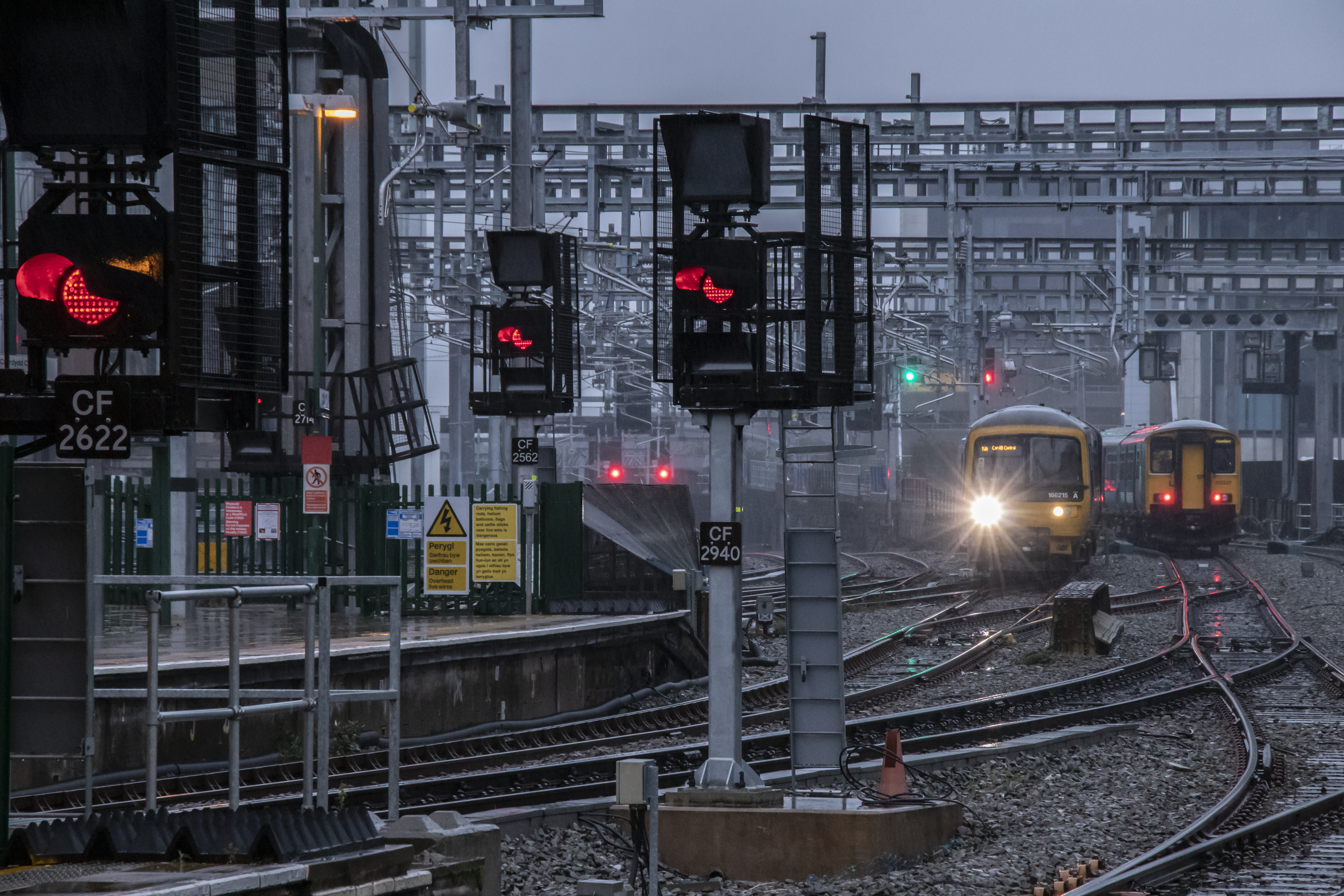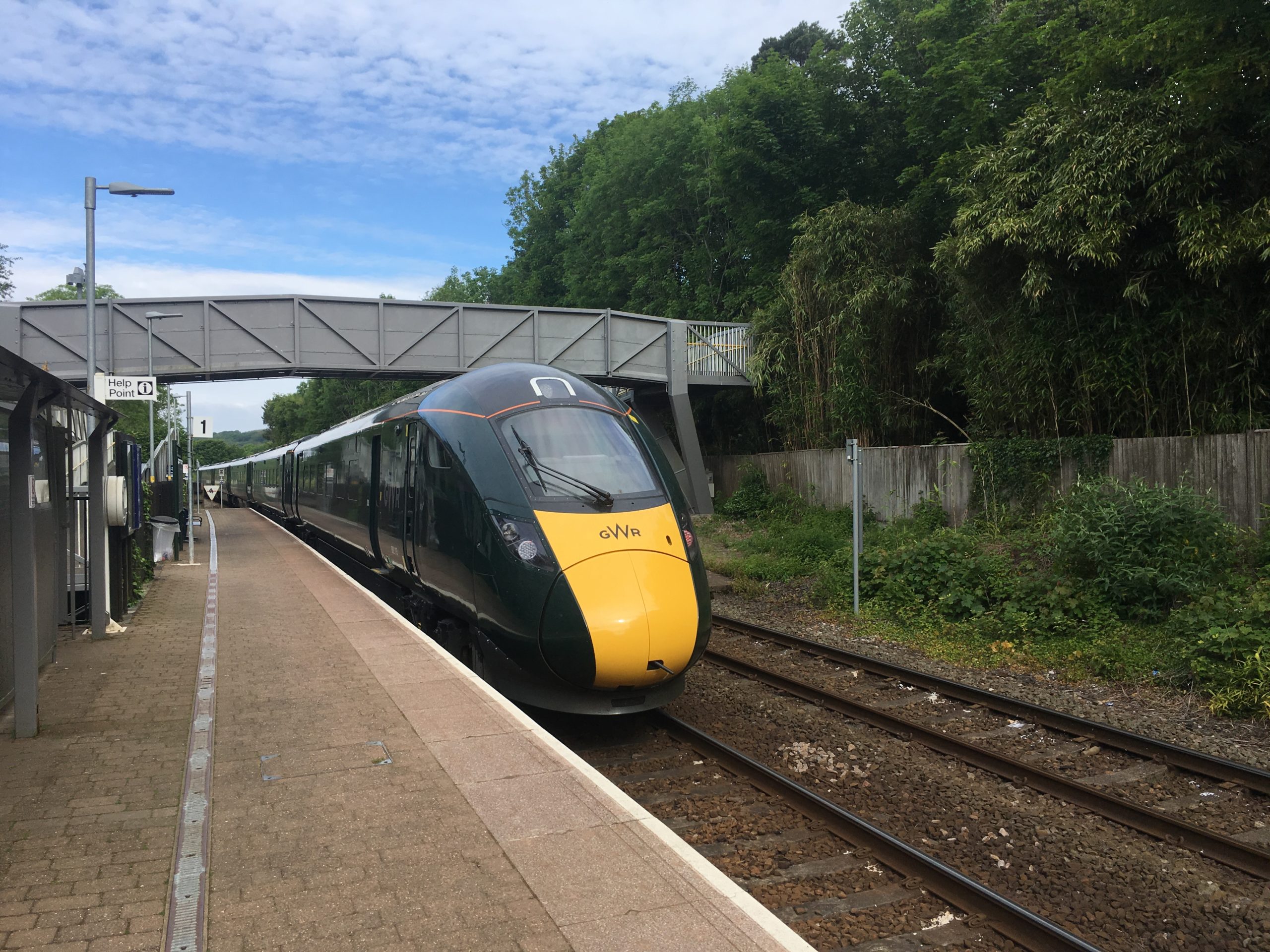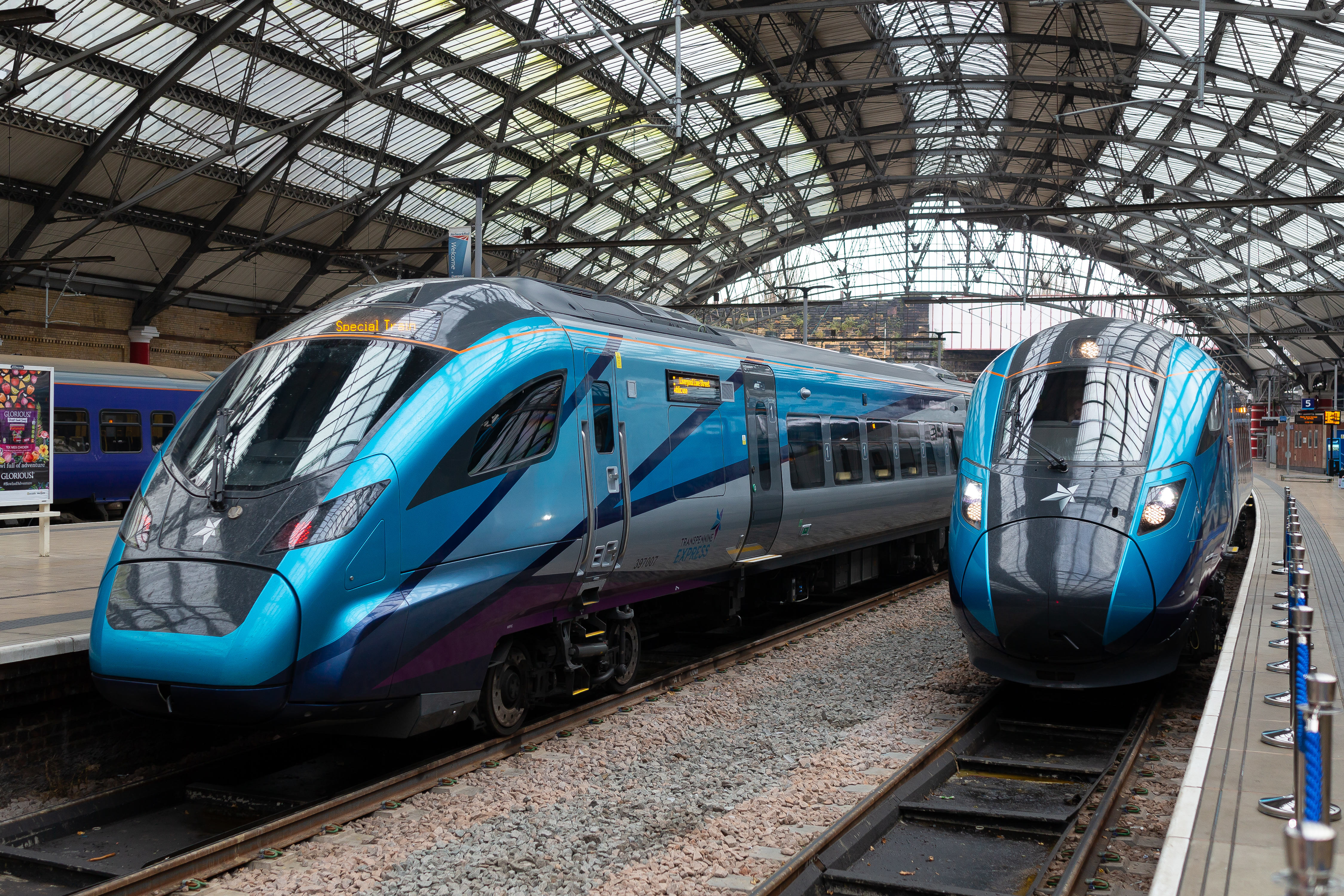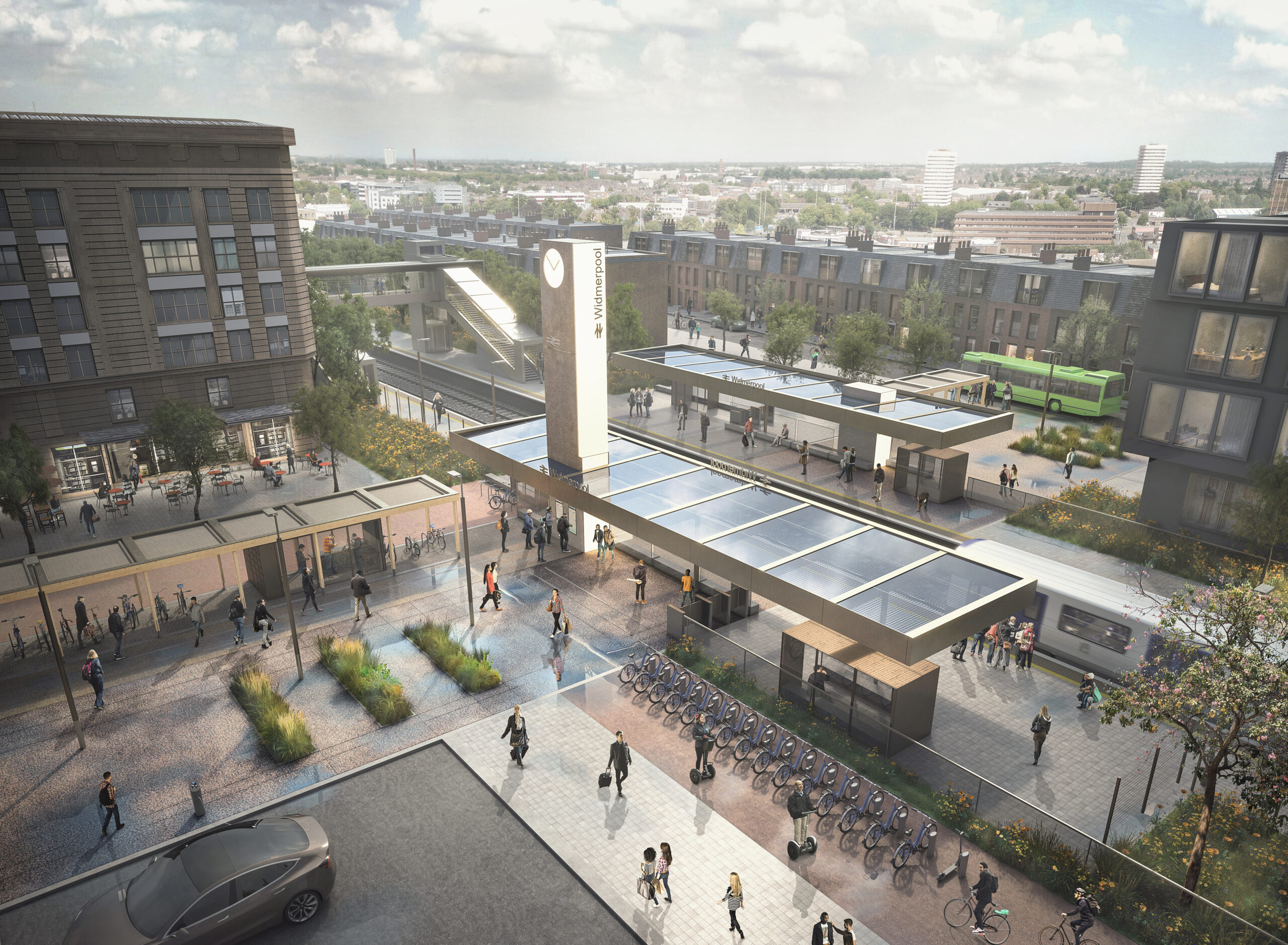HS2 has deployed the first of 10 tunnel boring machines (TBMs) that will dig 64 miles of tunnels during Phase One of the UK’s new high-speed railway.
‘Florence’, which weighs in at 2,000 tonnes, is the largest TBM used on a UK rail project and will operate 24/7 for the next three years.
Called after nursing pioneer Florence Nightingale, a name suggested by local children due to her residence at nearby Claydon House in Buckinghamshire, the TBM will dig the first of a pair of 10-mile-long tunnels under the Chiltern Hills to safeguard the woodland and wildlife habitats above ground.
A second machine, ‘Cecilia’, will launch next month to excavate the second tunnel at the South Portal site next to the M25.
Grant Shapps, the UK government's Transport Secretary, said:The tunnels these machines dig will ensure the benefits of our new high-capacity, high-speed railway run to the great cities of the North and Midlands, forging stronger connections in our country, boosting connectivity and skills opportunities, and transforming our transport links.
The first two TBMs will be operated by HS2’s main works contractor, Align, a joint venture formed of Bouygues Travaux Publics, Sir Robert McAlpine and VolkerFitzpatrick.
Designed specifically for the mix of chalk and flints under the Chilterns, the two identical machines will dig separate tunnels for north and southbound trains.
Daniel Altier, Align Project Director, said:The TBMs include a number of innovations to improve efficiency and the safety of the environment in which the crew will be working, that have never before been introduced on any previous TBMs, worldwide.
Each machine operates as a self-contained underground factory – digging the tunnel, lining it with concrete wall segments and grouting them into place at a speed of around 15 metres a day. Each tunnel will require 56,000 precision-engineered, fibre-reinforced segments, which will all be made on site.
A crew of 17 people will operate each TBM, working in shifts to keep the machines running around the clock. They will be supported by over 100 people on the surface, managing the logistics and maintaining the smooth progress of the tunnelling operation.
More than 16,000 jobs and over 500 apprenticeships are already being supported by the project, which is set to transform transport links between Britain’s major cities, free up space on the rail network for more freight and local services and support the UK’s transition to net zero carbon emissions.
Chalk excavated from the tunnels will be used for landscaping once construction is complete, creating wildlife-rich chalk grassland habitats across 127 hectares of the southern Chiltern Hills.

